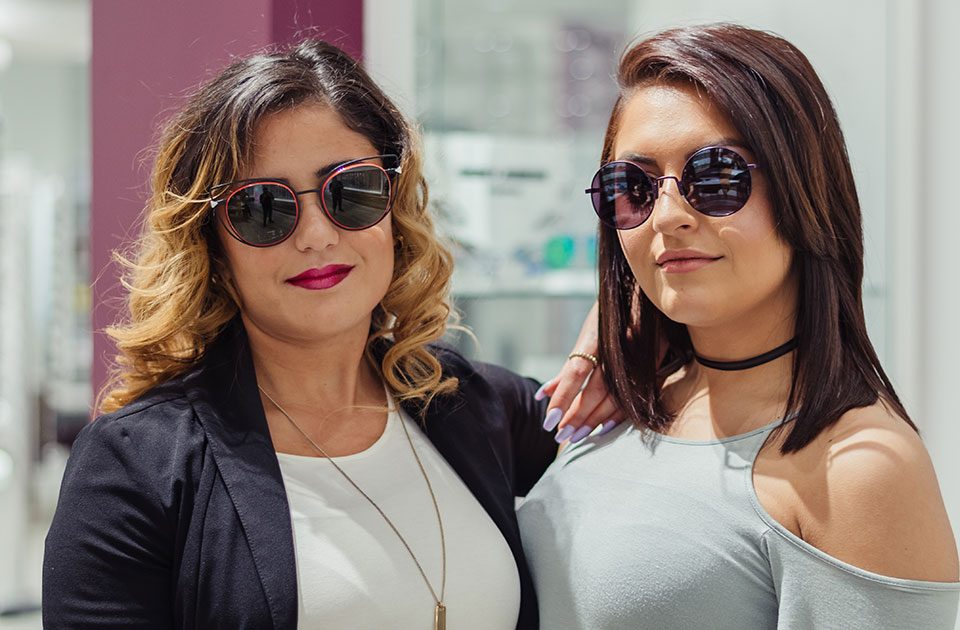
Winter Eye Care
As Canadians, we know that winter can be both fun and dangerous but not everyone knows just how harsh winter can be on your eyes. Damaging sun reflections off snow and dry indoor air conditions can irritate your eyes and impair your vision. Dry eyes and inflamed eyes are the two most common winter eye health problems.
Winter eye dryness, which creates a burning or itchy sensation or the feeling that a foreign object is in your eye, may be causes by the lower humidity levels inside your home or office when the heat is on and the windows are closed. Spending time outside on cold, windy winter days can also have a drying effect. People who wear contact lenses are more likely to experience this problem, but it can affect anyone, particularly peri- and post-menopausal women who may have eye dryness because of loss of estrogen. Over time, dryness can cause blurred vision or damage the cornea, which can also lead to blurriness.
Here are a few preventative tips from your Londonderry Eye Care optometrists:
- Blink more.
- Drink extra fluids and use an air humidifier while you’re awake and your eyes are open.
- Lubricating eye drops provide comfort and help supplement the natural tear layer.
- Sunglasses will protect your eyes from the drying effects of the wind.
For those who need to be or enjoy being out amongst winter’s wonders for several hours or more skiing, skating or shoveling snow, exposure to ultraviolet (UV) light from the sun’s reflection on ice or snow can damage the eye’s surface, causing an inflammation of the cornea called keratitis. Keratitis makes the eyes red, sore, and sensitive to light, and may require treatment with antibiotic eye drops to prevent infection. Too much exposure to UV light also plays a key role in the formation of cataracts, a clouding of the lens in the eye that affects vision. Extreme cold is usually not an issue, as our eyes have built-in defenses against cold, including tearing up and squinting.
One of the best preventative tools available are sunglasses that protect against UV light. Look for glasses with a minimum UV 400 protection (they block both UVA and UVB). When skiing, wear goggles that have polycarbonate lenses, which block UV radiation.
Key is ensuring every family member wears them. Since cataracts are the result of cumulative damage, even children should put on sunglasses on bright winter days. Limit time outdoors if you’ve forgotten your goggles or sunglasses, don’t spend more than a few hours outdoors on sunny or bright overcast days.
Protect your eyes from the winter sun with style. Londonderry Eye Care offers a wide selection of sunglasses and prescription sunglasses from some of the leading brands at our Edmonton eye clinic to fit your unique face shape and personal style.
To discuss your winter sunglass style or to schedule an eye exam with a Londonderry Eye Care optometrists, please call us at 780–476-7631 or fill out the online form.



